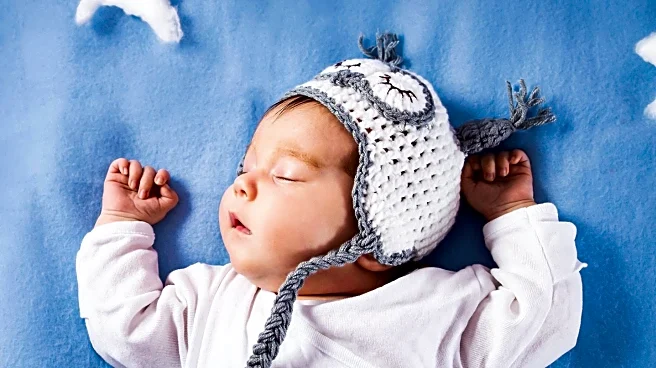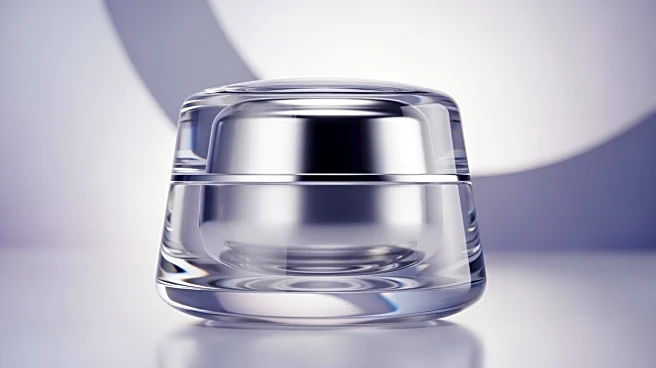What is the story about?
What's Happening?
Consumer Reports has issued a warning to parents and caregivers about the dangers associated with certain infant sleep products. As part of SIDS Awareness Month, the report emphasizes that some products marketed for infant sleep can increase the risk of injury, suffocation, or sleep-related death. The report advises against using pillows, toys, blankets, and weighted products in cribs, as these can pose suffocation risks. It also highlights the importance of using non-weighted swaddles and stopping swaddling when babies begin to roll over, typically between 2 to 4 months old. The American Academy of Pediatrics advises against bed-sharing, recommending that cribs or bassinets be kept in the parents' room to reduce the risk of SIDS by up to 50%. Additionally, nursing pillows and inclined sleepers have been linked to infant deaths, with the latter being banned in 2022. Consumer Reports found that not all bassinets are truly flat, with the Halo BassiNest Flex portable bassinet tilting to one side, which could pose a risk.
Why It's Important?
The findings from Consumer Reports are crucial for informing parents and caregivers about safe sleep practices for infants. Sudden Infant Death Syndrome (SIDS) remains a significant concern, and understanding the risks associated with certain sleep products can help prevent tragic outcomes. The report's emphasis on using flat, firm sleep surfaces and avoiding bed-sharing aligns with recommendations from pediatric experts, potentially reducing SIDS cases. The information is vital for consumer safety, as it highlights the need for careful selection of sleep products and adherence to safe sleep guidelines. Parents and caregivers stand to benefit from these insights, ensuring safer sleep environments for infants.
What's Next?
Parents and caregivers are encouraged to review their current infant sleep setups and make necessary adjustments based on the recommendations from Consumer Reports. The report may prompt manufacturers to reassess the design and marketing of infant sleep products to ensure they meet safety standards. Pediatricians and child safety advocates might increase efforts to educate the public on safe sleep practices. Additionally, regulatory bodies could consider further actions to enforce safety standards in the production and sale of infant sleep products.
Beyond the Headlines
The report underscores the ethical responsibility of manufacturers to prioritize safety in product design and marketing. It also highlights the cultural shift towards increased awareness and proactive measures in infant care. Long-term, this could lead to stricter regulations and improved safety standards in the industry, fostering a safer environment for infants.















